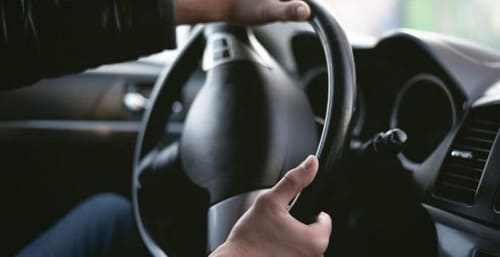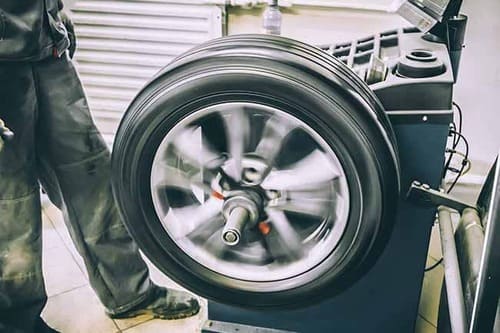A car that judders when idling is usually a sign of an underlying issue with the motor. Common causes of a shaking engine include worn engine mounts, a loose fuel cap, a worn throttle sensor, dirty fuel injectors, faulty spark plugs, or a malfunctioning idle air control valve.

The first place to look is the engine bay. These problems can disrupt the motor’s smooth operation, leading to shaking and vibrations. Fortunately, most of these issues can be easily diagnosed and fixed to restore your car's performance.
Car shakes at idle but smooths out while driving
When a car shakes when idling but smooths out while driving, it generally points to problems that are more noticeable at lower engine speeds. For instance, erratic idling caused by vacuum leaks, blocked filters and hoses, misfiring spark plugs, low fuel pressure, a failed throttle position sensor, electronic throttle control problems, or a failing idle air control (IAC) valve.
In some cases, the cause is transmission or exhaust problems, affecting the transfer or balance of engine power, e.g. low car transmission fluid or exhaust manifold leaks. Reading the ECU fault codes using an OBD2 scanner could help you to diagnose the problem. The complexity of the repair will depend on the fault. For example, it could be as simple as installing the new car spark plugs or new car exhaust system components.
Car shakes when idling and accelerating
If the car is shuddering when both idling and accelerating, the common culprit is damaged, broken, or loose engine mounts that are no longer effectively absorbing vibrations while the motor is in operation.

Other possible causes may include issues related to the wheels or tyres. For example, the tyres may be unevenly worn or damaged as a result of incorrect tyre pressures, or the wheel nuts may be loose, causing shaking and instability during acceleration.
Diesel car juddering when idle
A diesel car can shudder due to a variety of issues, including blocked fuel injectors, air in the fuel system, faulty fuel pump, dirty EGR valve, worn engine mounts, faulty glow plugs, vacuum leaks, clogged air filters, or flywheel/clutch problems. Fuel starvation or low air flow are more common in diesel vehicles due to sludge and soot buildups. Sensor issues (e.g., MAF or crankshaft sensors) and misfiring can also lead to rough idling.
As diesel fuel systems can accumulate carbon deposits and contaminants quite quickly, it’s important to install a new car fuel filter in good time to prevent ignition problems that cause rough idling.
How to stop a car from shaking while driving
- Determine the cause and solution as soon as possible – ignoring the problem will usually only make it worse and could result in engine failure or a breakdown.
- Keep on top of scheduled maintenance – Make sure to replace consumable parts are in good time to solve and prevent issues further down the line. For example filters, brake pads, spark plugs and car fuel injectors.
- Don’t neglect the car fluids – the cause could actually be related to oil starvation or low or contaminated transmission fluid.
Top products related to this topic:













































